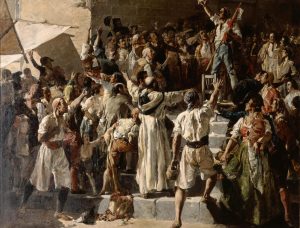
“Every contractor is a thief.”: Logistics, Insurgents, and the Art of War in Early Napoleonic Spain, 1808–9
Unexpected setbacks to Napoleon’s plan to control Spain at the onset of the Peninsular War (1808–1814) required the emperor to launch a 270,000-man counteroffensive into the heart of the country in late 1808 – culminating with the British defeat at the Battle of Corunna, January 16, 1809.
Read More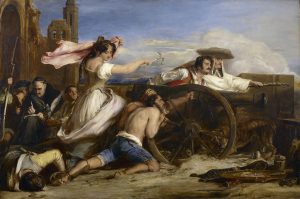
Albert-Jean Michel de Rocca and the Most Dangerous Road in Napoleonic Spain
Most memoirs by French officers who took part in the Napoleonic occupation of Spain lauded their victories and achievements on the battlefield with the exception of Albert-Jean Michel de Rocca (1788-1818), a lieutenant who served in the French Army until 1810 when he was injured and forced to hobble back to France on the most dangerous stretch of road in the war.
Read More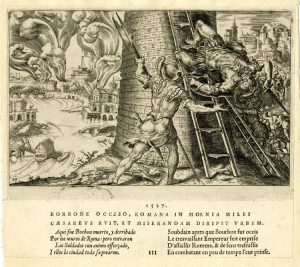
History of the Conquest of Mexico: The Black Legend, Prescott’s Paradigm, Tlaxcalans, and US-Mexican War
Accompanying an increasing interest in Spain during the antebellum era was a repackaging of the “Black Legend” – a cultural and racial stereotype that became a long-held historiographical generalization.
Read More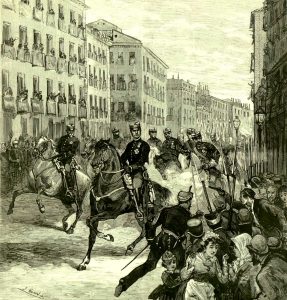
General Grant Encounters Terrorism in Madrid: The 1878 Attempted Regicide of King Alfonso XII
When former U.S. President Ulysses S. Grant visited Europe on a post-presidential world tour in the late 1870s political terrorism was in its nascent stage. The International Workingmen’s Association (or First International) split in 1872 between anarchist and statist factions and disbanded in 1876. After that, violence against heads of state increased.
Read More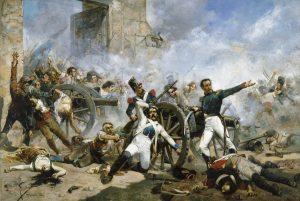
Conquer and Divide: The Spanish Resistance that Broke Napoleon’s Second Strategy
Although he was a brilliant military tactician, one of the ways Napoleon managed to hold on to conquered regions was by employing a strategy of carving up states based on historical precedent. The Rhodanic Republic (1802-1810), the Kingdom of Italy (1805-1814), and the Republic of Danzig (1807-1814) were among a few “sister republics” created by Napoleon. These client states, formed under the guise of revanchist history, aided the control of occupied lands in the First French Empire. When Napoleon invaded Spain in 1808, he set about to redraw its map in a similar fashion.
Read More